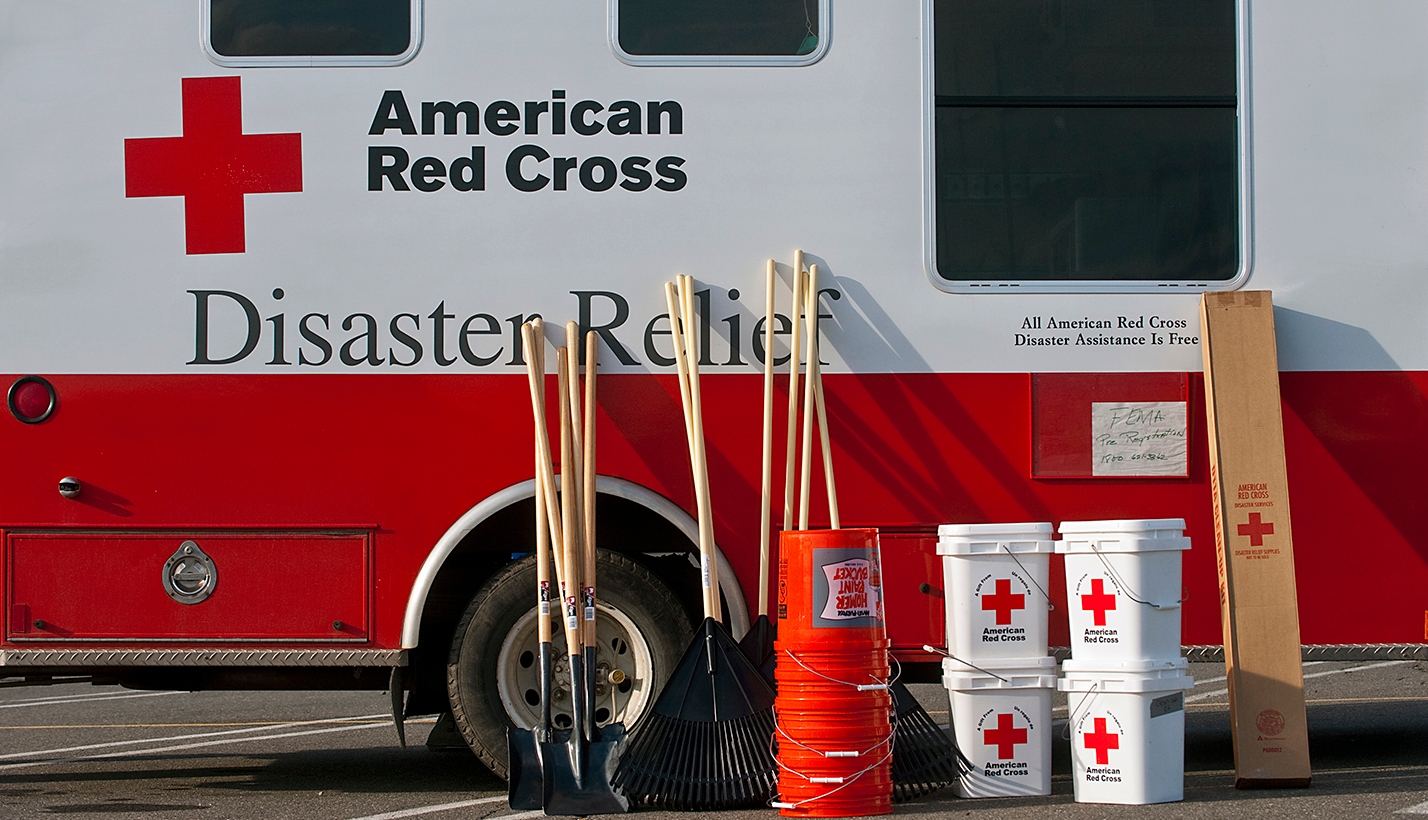Latest Harbor Lights Gift Will Help Make Disaster Relief Sustainable
When a natural disaster strikes, or a country is ravaged by war, mental health professionals arrive after the pandemonium clears. By then, trauma will have set in—for the people whose lives and homes have been disrupted or destroyed, and also for the professionals who wish they could do more to help.
“When a disaster happens, there are several points during which people may be helpful,” said Professor Judith Fox, director of the University of Denver’s Master’s Program in International Disaster Psychology (IDP) in the Graduate School of Professional Psychology (GSPP). “Some assist with humanitarian aid through a response organization like the Red Cross. Other important efforts involve training people and communities up for disasters, preparing them to know what to do and assisting them to recover in the aftermath.”
That is what the Harbor Lights Foundation aims to address with its latest gift of $250,000 to GSPP. This support will allow students and faculty to develop expertise in online consulting and building workshop modules that can be used to train people in threatened regions—especially those where disasters are likely to recur.
“The gift will allow us to help communities prepare, psychologically, for a disaster, and also to help professionals in communities better address the mental health aspects of the aftermath,” said Fox. “And most importantly, we will be able to apply the modules to a variety of places and situations, domestically and abroad.”
In the classroom, IDP graduate students learn the clinical psychological skills of master’s-level mental health professionals, as well as an array of specific strategies for working in the field of trauma and disaster. Thanks to prior gifts from the Harbor Lights Foundation, they receive training not only domestically but also in an eight-week international field placement between the first and second years of the program. This summer, students are in Peru, Chile, Sri Lanka, Kathmandu, Malawi, Liberia, Nepal and Cambodia.

Jessi Lee (MA ’18) worked last summer in Serbia, where she supported programming for refugees and asylum seekers, in addition to supporting mental health workers who had been on the ground there for far longer.
“We are people who care a lot, so we tend to overextend ourselves,” said Lee, who worked in Africa for a year after earning a bachelor’s degree in public health from the University of Rochester. “Knowing that, we have to ask: How can we maximize impact in a sustainable way?”
Fox is hopeful that the latest gift from the Harbor Lights Foundation will do just that.

